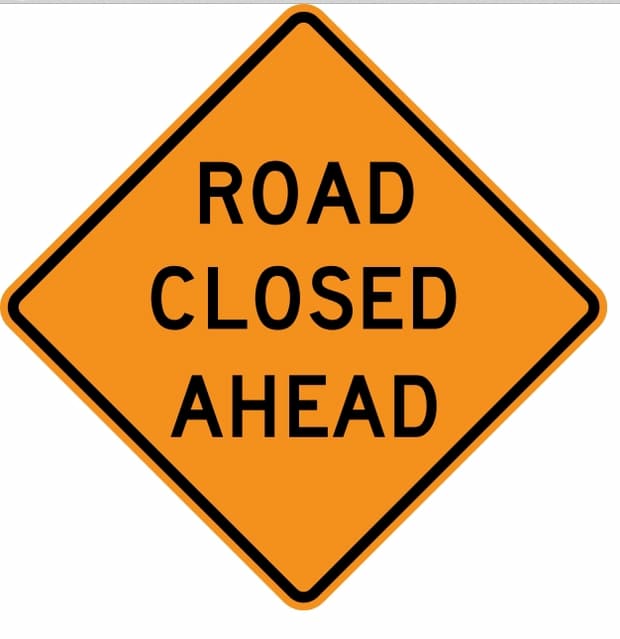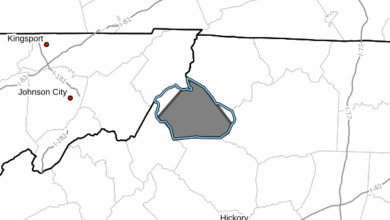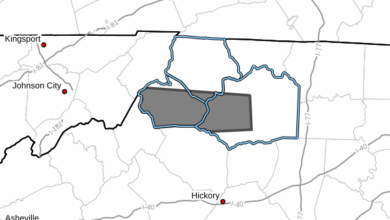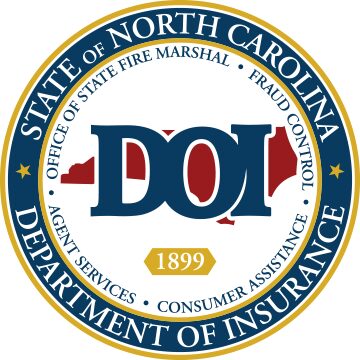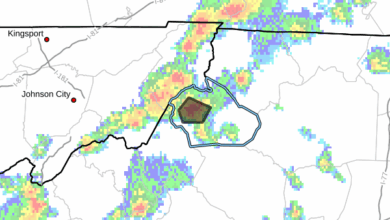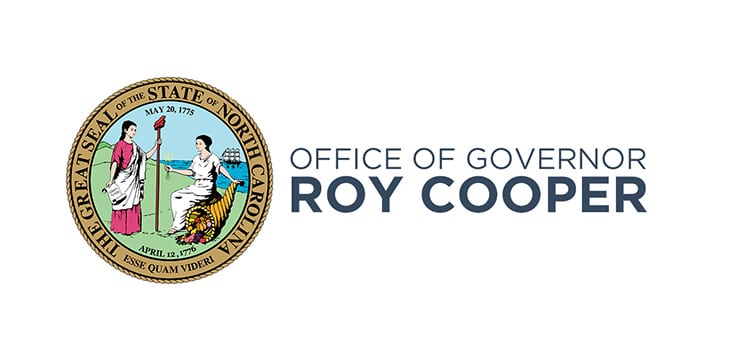
Last Updated on June 11, 2021 2:31 pm
RALEIGH: Today Governor Roy Cooper announced that he signed an Executive Order to extend a variety of measures currently in place to respond to the COVID-19 Pandemic until July 30.
“We are seeing tremendous improvement with fewer cases, hospitalizations, deaths and safety restrictions, but this is no time to hang up a “Mission Accomplished” banner in our fight against the pandemic,” said Gov. Cooper. “We are laser focused on getting more shots in arms, boosting our economy and protecting unvaccinated people from the virus and this Executive Order is essential for those efforts.”
Throughout the pandemic, Gov. Cooper has issued executive orders to protect North Carolinians from COVID-19, increase access to testing and vaccine supplies, PPE and other equipment, and draw down federal funds. While the Governor has consistently eased restrictions as trends have improved, a State of Emergency remains in effect as North Carolina emerges from the pandemic, along with measures including:
- State Evictions Prohibitions
- Face covering requirements in certain settings such as public transportation, schools, health care and childcare facilities, in accordance with CDC guidance
- Unemployment Insurance flexibility
Under the State of Emergency, North Carolina has easier access to federal funding including FEMA Public Assistance reimbursements, and schools can follow uniform safety guidance under the StrongSchoolsNC Public Health Toolkit.
The State of Emergency also allows critical regulatory flexibility for the NC Department of Health and Human Services to increase the number of people authorized to administer vaccines and COVID-19 tests and for the movement of COVID-19 patients in rehab and other facilities.
Under the State of Emergency, NC DHHS continues to allow temporary additional flexibility for tele-health opportunities and for out-of-state licensed workers to practice in North Carolina and for retired health care professionals, students in training and skilled volunteers to provide care. The Department also continues to allow expanded access to healthcare and Medicaid services and food and nutrition programs until the end of the State of Emergency.
The state’s vaccination efforts and incentive programs are also organized using tools made available by the State of Emergency including the million dollar summer cash and college tuition drawings the will incentivize people to get their shots.
North Carolina’s vaccine efforts have benefitted from the service of North Carolina National Guard Personnel, who, under an Executive Order from President Biden, can be paid with federal funds if called to duty as part of the pandemic response under Governor Cooper’s existing emergency order. North Carolina National Guard personnel remain critical partners in the state’s response, currently providing vaccination and administrative support as well as continuing to support the NC Department of Agriculture with food warehouse operations as supply chain tensions ease and distribute 2.4 million pounds of food to food banks across North Carolina.
The Governor and state health officials continue to monitor North Carolina’s trends and review actions of other states and plan to continue lifting restrictions as more people are vaccinated and the state winds down pandemic response efforts.
Read the Executive Order.







